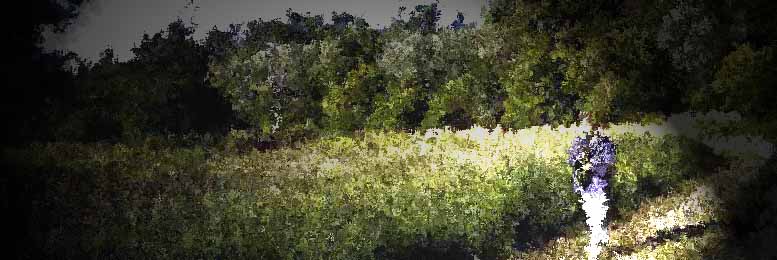19.12.2006 | 00:04
Frank og Jói
Það muna eflaust einhverjir eftir því að hafa lesið á barna eða unglingsárum bækurnar um Frank og Jóa Hardy. Alla vegna gleypti ég þær í mig á bókasafninu í gamla daga, og hafði gaman af.
En ég vissi ekki fyrr en ég sá það á vef Globe and Mail, að höfundurinn var Kanadískur, skrifaði undir dulnefni og tók skrifin á Frank og Jóa bókunum að sér gegn fastri greiðslu, u.þ.b. 100 dollara á bók (sem var svo sem þokkaleg upphæð þá). Hann fékk því engan skerf af þeim auðæfum sem bækurnar sköpuðu, en þær voru þýddar á yfir 50 tungumál og prentaðar í milljónum eintaka.
Hér eru nokkrar klausur úr greininni:
"The personal archive of Canadian author Leslie McFarlane -- much better known as Franklin W. Dixon, the pseudonym affixed to the best-selling mystery series, the Hardy Boys -- has been given by his heirs to Hamilton's McMaster University.
The material, valued at about $150,000, includes boxes of correspondence and daily diaries that McFarlane kept between 1929 and the early 1950s.
McMaster archivist Carl Spadoni, who negotiated the donation, says the archive will be added to material that McFarlane gave to the university in 1976. The total now occupies some 12 feet of shelf space in the library.
Calling it "wonderful stuff," Spadoni says the diaries reveal McFarlane's "daily struggle to earn a living during the Depression, wondering when the next cheque would come from his agent.""
"Under the pen name Roy Rockwood, McFarlane subsequently produced seven novels in the syndicate's Dave Fearless series, then moved on to write more than 20 Hardy Boys novels.
For most of these, he was paid a flat fee of $100 per book and, although the novels sold many millions of copies and were translated into 50 languages, he earned no royalties. A well-preserved first edition is now worth about $1,500.
At the time, according to his son, Brian, himself the author of some 65 books, he regarded the Hardy Boys assignments as something of a nuisance, having no awareness of their growing popularity.
"In his diaries," Brian McFarlane said in an interview last week, "my father talks about having to write another of those cursed books, in order to earn another $100 to buy coal for the furnace. And he never read them over afterward. It was only much later that he accepted plaudits for the work."
"The major focus was money," concurs Spadoni. "He's a freelancer and he's churning the stuff out. The Hardy Boys recedes in the background. He wasn't in denial. He just didn't think it was important."
"They'd give him an outline," recalls his daughter, Norah McFarlane Perez, also a writer of short stories and novels. "But to make it palatable, he'd come up with different characters and add colour and use large words, and inject his wonderful sense of humour. And then he'd finish and say, 'I will never write another juvenile book.' But then the bills would pile up and he'd start another.""
"Even a small percentage of the royalties would have made McFarlane wealthy. "It's kind of sad," says Brian McFarlane. "We never owned a car. The house was rented and a little chilly. But we never thought we were poor -- we sure had a good upbringing."
It was only a year before his death, with publication of his 1976 autobiography, The Ghost of the Hardy Boys, that McFarlane announced his role in their creation. The Stratemeyer Syndicate had insisted that their ghostwriters never reveal authorship."
Greinina í heild má finna hér.
Meginflokkur: Bækur | Aukaflokkur: Bloggar | Breytt s.d. kl. 02:23 | Facebook

Bæta við athugasemd [Innskráning]
Ekki er lengur hægt að skrifa athugasemdir við færsluna, þar sem tímamörk á athugasemdir eru liðin.